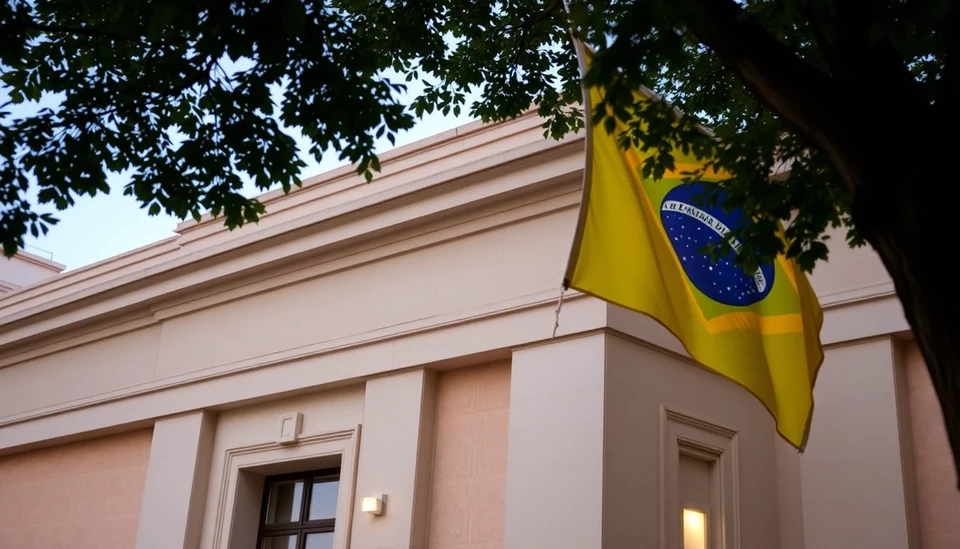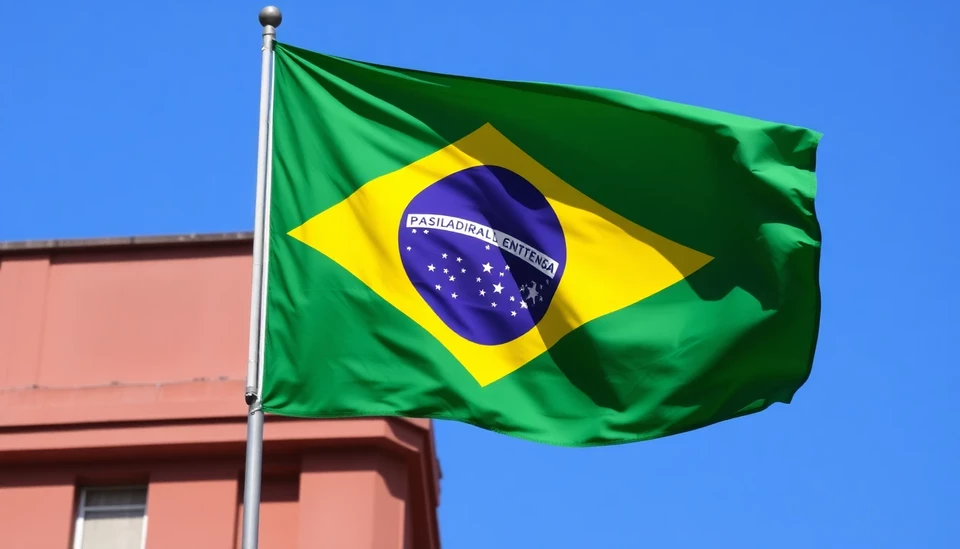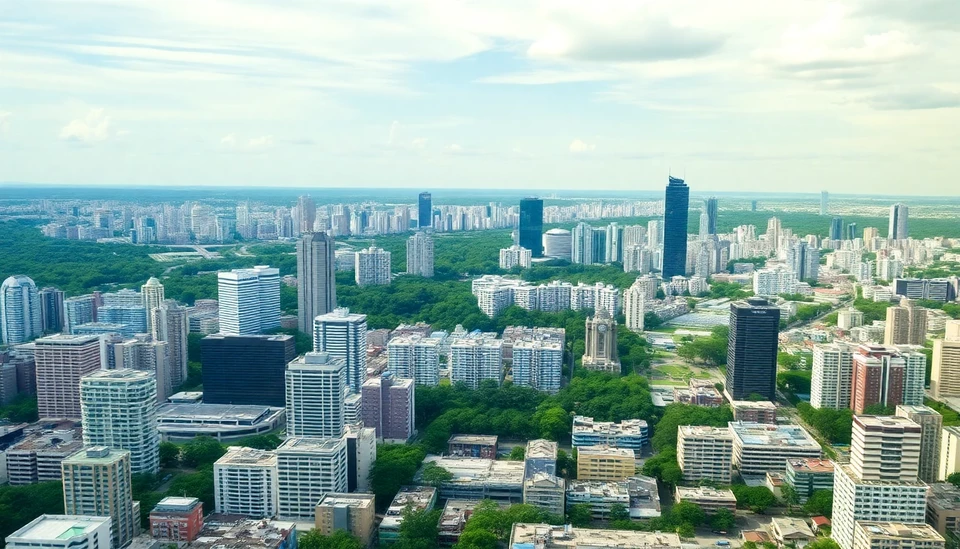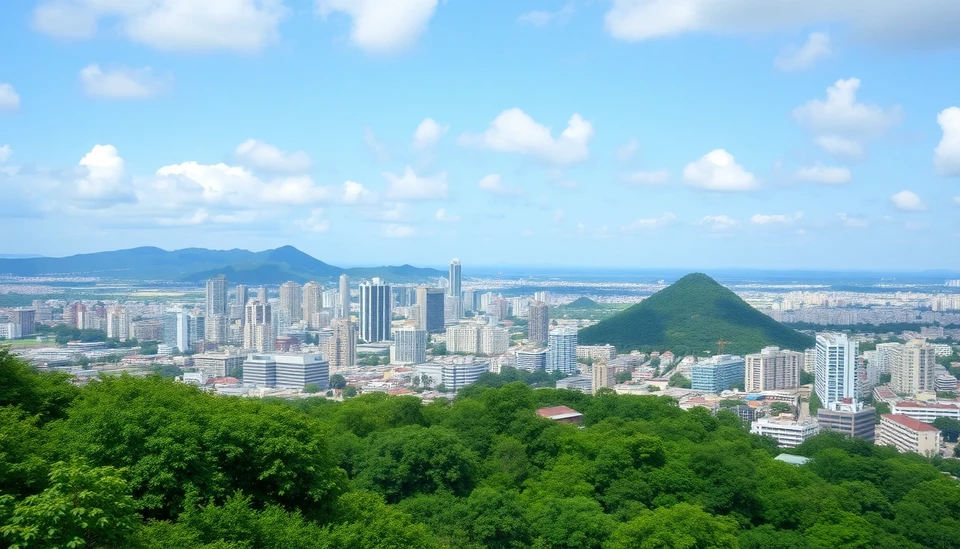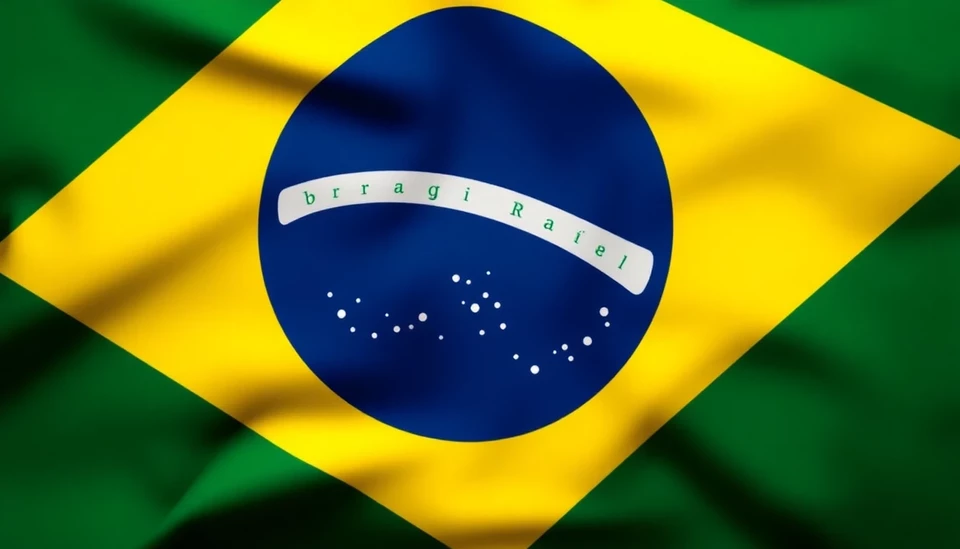
Brazil's financial landscape is poised for significant changes as analysts forecast an upward trajectory for key interest rates and inflation rates over the next several years. This evolving economic scenario is closely linked to the country’s ongoing efforts to manage its fiscal policies amidst external pressures and internal challenges.
The Brazilian central bank, known for its vigilant approach to monetary policy, is expected to respond proactively to the rising inflation, which has become a pressing concern for many local businesses and consumers. With inflation currently hovering above the government's target range, the bank is anticipated to adjust its key interest rate to combat rising price levels effectively. This suggests a tightening of monetary policy in an effort to stabilize the economy.
Analysts predict that Brazil's benchmark Selic rate may see an increase, potentially reaching levels previously not considered necessary. The necessity for a higher key rate typically stems from the need to manage inflationary pressures that affect purchasing power and economic stability. Brazil's economic environment is influenced by various factors, including commodity prices, global economic conditions, and domestic political stability, all of which play a crucial role in shaping monetary policy decisions.
Many experts in the field also highlight that Brazil's inflation is projected to remain elevated through 2027. The persistence of high inflation could prompt consumers to adjust their spending habits, with possible implications for overall economic growth. This scenario raises questions about the central bank's strategy moving forward and whether its measures will be sufficient to contain inflation while simultaneously supporting economic growth.
Moreover, the Brazilian government’s fiscal policies will likely need to adapt as the economy faces these challenges. Whether through reforms or adjustments in government spending, a cohesive strategy will be critical in ensuring that Brazil can navigate this uncertain economic landscape. Analysts are closely monitoring the government's responses and their effectiveness in contributing to a more stable and favorable economic environment.
In summary, Brazil's economic future appears to be marked by higher interest rates and sustained inflation, challenging consumers and policymakers alike. The next few years will be crucial as the country endeavors to manage these economic indicators effectively while fostering an environment conducive to growth and stability.
As analysts and economists keep a watchful eye on Brazil’s evolving economic conditions, it remains clear that the path ahead will require careful navigation through fiscal and monetary strategies to achieve long-term stability.
#BrazilEconomy #InterestRates #InflationForecast #EconomicGrowth #MonetaryPolicy #SelicRate #FinancialStability #FiscalPolicy
Author: Laura Mitchell
